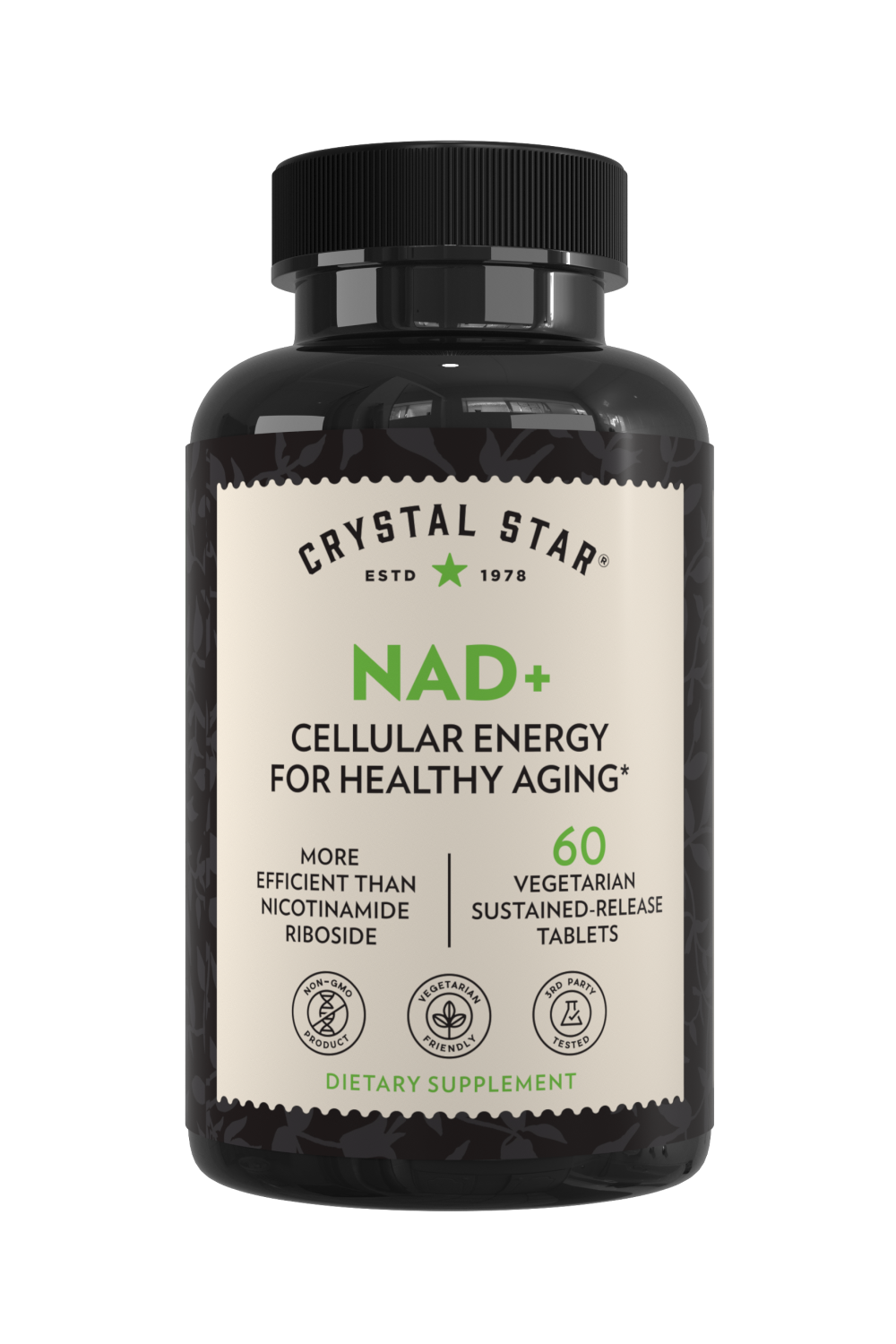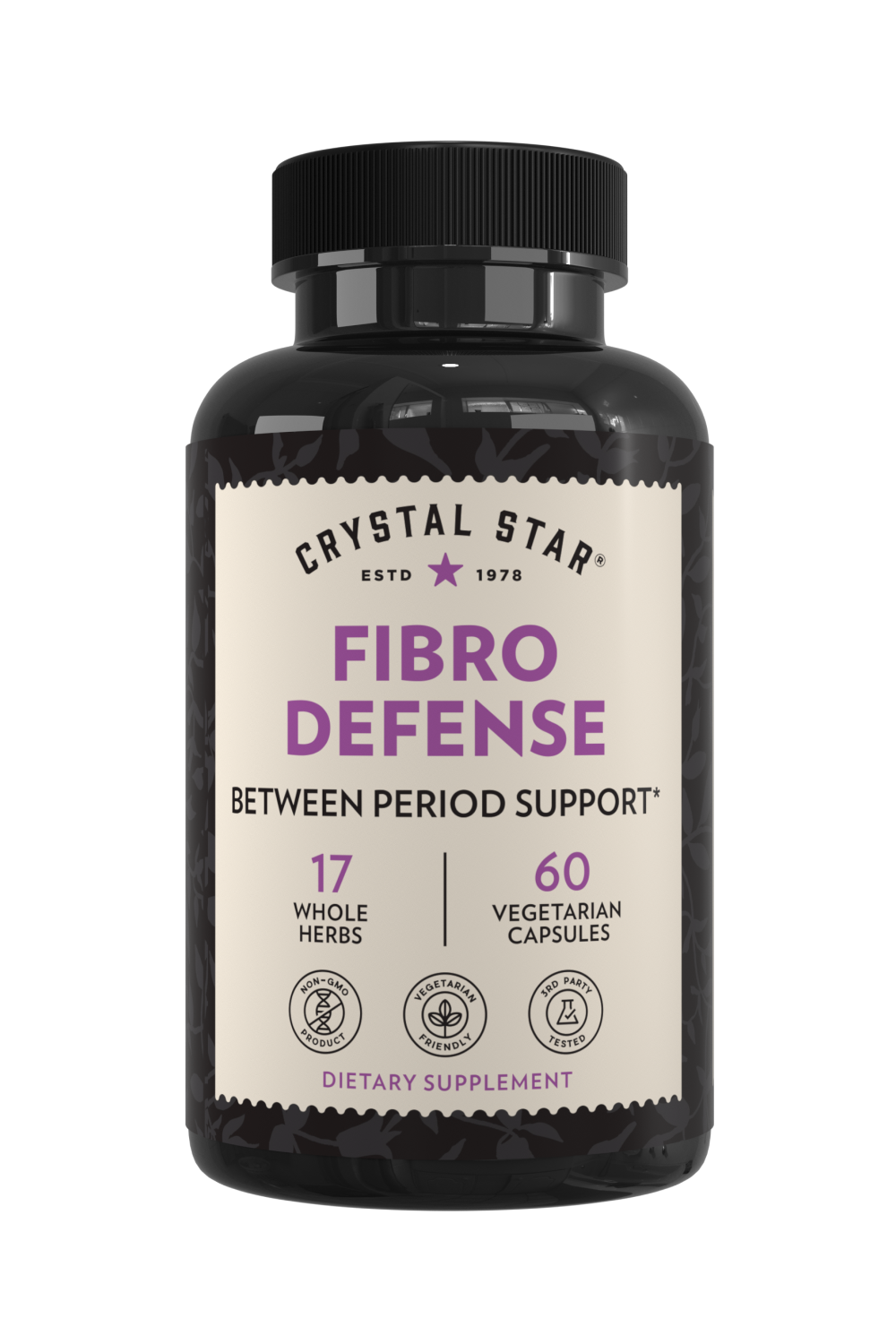
Seven Things You Need To Consider When Selecting a Healthcare Provider
1) Education
The first thing to consider when selecting a practitioner is education. Medical doctors, licensed naturopathic doctors, traditional naturopaths, and herbalists all receive different types of education and this influences the care they provide.Medical vs. naturopathic doctor
When it comes to education, medical and licensed naturopathic doctors receive the most extensive training. Both receive four-year undergraduate degrees and then attend and graduate from medical school. The difference is in which kind of medical school. Medical doctors graduate from allopathic medical school, while naturopathic doctors graduate from one of the six accredited naturopathic medical colleges in North America. In both cases, the four years of medical school include graduate-level science education in both the basic sciences (such as anatomy, physiology, pharmacology, conventional lab diagnosis, ethics, and other coursework) and the clinical sciences, which include pediatrics, obstetrics and gynecology, family medicine, and gastroenterology. During these four years, both medical and naturopathic doctors also complete well over one thousand hours of clinical rotations providing supervised care to patients with a variety of health concerns. For the most part, medical doctors are not trained in functional lab interpretation or the use of natural therapeutics like therapeutic nutrition, herbs, and supplements. While their medical school education is lacking in this regard, functional medicine-trained MDs typically receive additional training in these disciplines after graduation. This training ranges from weekend-to week-long conferences to online training programs like the Institute of Functional Medicine. In addition to their education in basic and clinical sciences, naturopathic doctors also receive extensive training in other disciplines, such as therapeutic nutrition and nutraceutical (nutrients [gallery size="medium" link="none" ids="11623,11624,11625"] such as vitamins and minerals that are used for their medicinal value) use, botanical medicine (herbs), hydrotherapy (the therapeutic use of water in all three of its forms to affect circulation and thereby influence health), and functional medicine lab interpretation. Additionally, depending on the medical school, some naturopathic doctors also receive advanced training in disciplines like acupuncture and homeopathy. (Homeopathy is a somewhat controversial practice that operates on the principle of “like cures like” and aims to treat symptoms by administering minute doses of substances that would actually cause symptoms in a healthy person.) The key differences between medical and naturopathic doctors in this regard are treatment approach and primary tools. While the additional functional medicine training that some medical doctors receive does enable them to address some conditions using less invasive therapies, their primary tool is pharmaceutical medication. This could be beneficial to you if you are already on pharmaceutical medication and need someone with extensive experience prescribing and managing multiple drugs. Licensed naturopathic doctors, on the other hand, have a goal of addressing disease and optimizing function using the least invasive therapies possible. This overarching goal and their deep knowledge of other modalities lead naturopathic doctors to minimize side effects by only using more invasive therapeutics like pharmaceutical medication when necessary.Naturopathic doctors vs. traditional naturopaths
Traditional naturopaths differ from naturopathic doctors in that in lieu of medical school, they typically complete their training online or through some other form of distance learning. Their training includes 100 to 300 hours of basic and clinical science education and about 500 hours of training in other naturopathic disciplines, such as therapeutic nutrition and botanical medicine. Their education does not include clinical rotations or any other form of practical instruction. In other words, their training lacks the hands-on aspect and tends to be more theoretical.Herbalists
The education that herbalists receive can vary widely; however, the American Herbalist Guild recommends that those who wish to become registered herbalists complete two years of training in basic sciences and botanical medicine through independent study, academic training, or a combination of the two, and at least 400 hours of clinical experience. Herbalists tend to use nutrition and herbs as their primary tools in order to help their clients improve their health.2) Licensing
Working with a licensed professional helps ensure provider accountability and patient safety. Licensed professionals are also the only providers eligible for malpractice insurance. This is important to you because if you happen to be wrongfully injured while following your provider’s treatment plan and you decide to take legal action, your provider’s malpractice insurance will pay the damages, essentially ensuring that you are compensated for your injuries. Both medical and licensed naturopathic doctors take board licensing exams, are eligible for and typically required to have malpractice insurance, and are required to keep up to date with the changing science by completing yearly (or in some cases biannual) continuing medical education. Traditional naturopaths can’t legally diagnose diseases or prescribe; they also aren’t eligible for licensure or malpractice insurance in the United States. And while some do advertise being certified by certain boards, none of these boards are recognized professional entities in any of the fifty states (i.e. these endorsements sound official but might not mean much). Like traditional naturopaths, there is currently no state-level licensing for herbalists. Registered herbalists can’t legally diagnose disease, prescribe, or carry professional malpractice insurance; they can, however, make suggestions using nutrition and botanical medicine in order to help their clients improve their health. Registered herbalists do complete continuing education in order to stay up to date on the latest in botanical medicine.3) Objective testing
When selecting a provider to help you address your health concerns, it’s critical that you work with someone who has a systematic, objective, and measurable way to gauge progress. Your provider should be able to run both conventional and functional lab tests when necessary in order to ensure that your health is improving and your treatment is progressing as planned. They should also be familiar with and able to use optimal reference ranges when necessary in order to track your progress and ultimately help you secure lasting results. Optimal reference ranges are the range of values that are associated with optimal health for a specific physiologic measurement or lab result, according to the latest research. While the average medical doctor without advanced training in functional medicine is able to run labs as indicated, they typically use conventional (or “standard”) reference ranges. These ranges are broader than optimal reference ranges, allowing for results that may be markers of poorer health outcomes to still be labeled as “normal.” By using optimal reference ranges and functional medicine testing to uncover the underlying causes of your health concerns, functional-medicine-trained MDs and licensed naturopathic doctors ensure that you don’t just achieve average health, but optimal wellness. While some traditional naturopaths encourage their clients to use consumer direct access lab testing to run their own labs, traditional naturopaths and herbalists typically do not run labs or conduct other forms of objective testing.4) Test only what’s necessary—nothing more, nothing less
While the provider you select should be able to run objective tests as indicated, they should limit the testing that they use to only those that are necessary to uncover and address the root cause of your specific problem. Because many functional medicine tests are not fully covered by insurance plans, meaning that you’ll need to pay out-of-pocket for them, this could make a difference in the type of provider that is best suited to your needs. There is always some crossover, but in my opinion and experience, functional medicine MDs tend to lean toward recommending more functional medicine tests than licensed naturopathic doctors. Naturopathic doctors tend to minimize out-of-pocket expenses by only recommending functional medicine tests if having their results will make a difference in your treatment plan. Again, traditional naturopaths and herbalists typically don’t run labs, as they don’t typically receive training in lab interpretation.5) Third-party verified reviews
When considering selecting a provider, you should select a practitioner who has positive third party-verified reviews and (if their services are strictly out-of-pocket) who places some sort of money-back guarantee on their services. Third party-reviews usually give you an accurate picture of the provider’s approach, bedside manner, and the type of results they typically achieve, while selecting a provider who is confident enough in the level of service they provide to make a guarantee often leads to a better patient experience. Because every person is different, no provider will be able to guarantee the outcome of your treatment. However, the best providers place some guarantee on the degree of service they provide. If providers package their appointments and services into programs, there should be some trial period in which you can cancel your membership or enrollment in the program and receive a partial or full refund if you determine that the arrangement is not right for you.6) Taking the time
No matter what type of healthcare professional you choose, you should select someone who is willing and able to take the time to explain their clinical reasoning—why they are making the recommendations they are making in your particular case—to you. This is important because we’re more likely to implement our treatment plans when we fully understand them. The right practitioner will make you feel heard, cared for, and understood.7) Financial investment
The final thing to consider when selecting a healthcare provider is the financial investment required to achieve the results you desire. I chose to share this consideration last because I don’t believe that cost should be the primary driver in the type of doctor you select. In terms of selecting a provider, the saying “you can cry now, or you can cry later” definitely applies. What I mean is that, oftentimes, working with the most capable and considerate providers does require a considerable investment. Unfortunately, many people choose to work with less expensive providers and are surprised or disappointed when they realize later on that they didn’t get the results they were hoping to achieve. The fact is that we should always view our health as a priority; it should always be an investment that we’re willing to make because it is the one investment that makes all other investments possible. Now that we’ve gotten that out of the way, here are the facts: Functional medicine MDs and licensed naturopathic doctors tend to require the greatest financial investment as far as appointment costs are concerned. Depending on the provider and your wellness goals (are you seeking preventive services? managing a chronic condition?), these costs can include any combination of monthly membership fees, ad-hoc individual visits, or prepaid months-long care packages. As always, there is some cost overlap between types of provider, but when you factor in supplement, visit, and testing costs, functional medicine-trained medical doctors are typically more expensive than licensed naturopathic doctors. Traditional naturopaths tend to be considerably less costly than licensed practitioners, but not always, and herbalists tend to require the smallest upfront financial investmentWhat it all comes down to
To sum it all up, there are many variables to consider when choosing between functional-medicine-trained medical doctors, naturopathic doctors, traditional naturopaths, andherbalists. It’s important to consider the providers’ education, licensing, their use of objective testing, their third party reviews, the quantity and quality of time that they spend with their patients or clients, and the financial investment required. When you honestly consider your needs in light of each of these variables, I’m sure that you’ll be able to determine the type of practitioner that will help you uncover and address your health concerns, and you’ll be well on your way to improved wellness.
Dr. Janelle Louis is a licensed naturopathic doctor who specializes in helping people with childhood trauma overcome the chronic health concerns they are at increased risk for developing, including mental health conditions, reproductive concerns, autoimmune diseases, and metabolic syndrome. Dr. Louis is committed to ensuring that her patients live their healthiest lives now in spite of their difficult pasts.
Image credit: Total Shape
Homepage link: https://totalshape.com/








